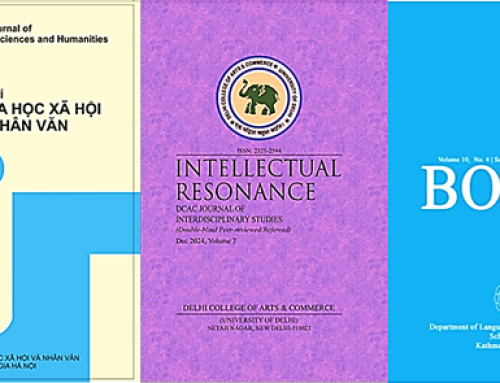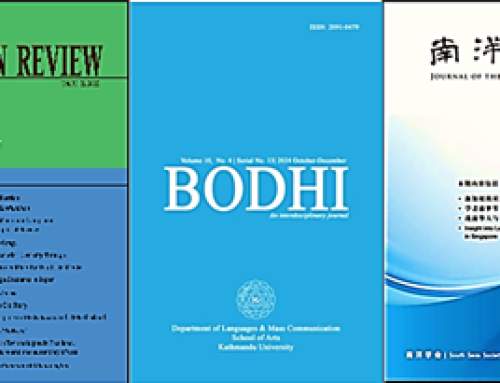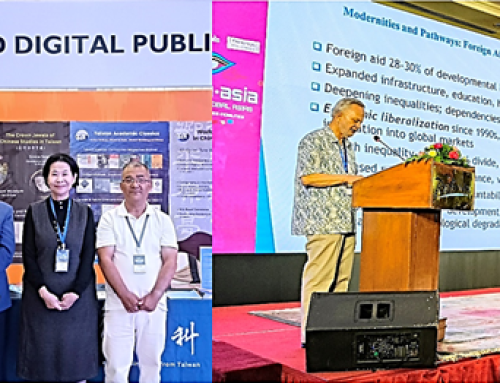Independence Evening Post Digital Archive, the only independently operated newspaper during martial law in Taiwan, is now available with ” Taiwan Epochal Democracy Magazines.” They chronicle Taiwan’s democratic journey. Taiwan, leading in Asia’s “Democracy Index” and the only fully democratic Chinese-speaking entity, has resisted foreign rules for four centuries. Moving from the Chiangs’ authoritarian rule to full democracy today, Taiwan’s democratic evolution provides insights for global democratic governance.
Independence Evening Post Digital Archive (自立晚報,1947-1995)
It is the Taiwan’s sole advocate for democracy and independence before 1987, championed non-partisanship and independent operation. Lauded as a symbol of Taiwanese democratic politics, it stood out for rallying social reform forces amidst an era when most press voices echoed the authoritarian regime. This publication notably covered key political events like the Zhongli and Kaohsiung incidents, and was the first to send reporters to mainland China. Post-martial law (1987-1995), it continued its impactful coverage, highlighting major democratic milestones including the Wild Lily student movement and the shift towards direct elections. At its zenith, it dominated 70% of the island’s evening newspaper circulation, earning the title of Taiwan’s most trusted newspaper (National Science Council, Special Research, 1993). This archive showcases critical political and social news from Taiwan, 1947-1995, capturing the shift from authoritarianism to democracy without government bias. The newspapers are held by the Hoover Institution/Stanford University, produced by EVIS, and exclusively distributed in Taiwan by UDP. https://www.udpweb.com/en/product/overview/taiwan/iepda/
Taiwan Epochal Democracy Magazines (臺灣經典民論雜誌,1949~present)
This digital archive features influential public opinion magazines from Taiwan and Hong Kong (1949-1992), reviving crucial opposition movements. Key selections include: (1) Enlightening publications like “Wenxing Magazine,” challenging traditions, “Taiwan Political Review,” pioneering organized opposition, and “Formosa Magazine,” encouraging critique of authoritarianism. (2) Pioneers of new thought yet to be digitized fully, such as “Con-Temporary Monthly,” celebrated for its intellectual depth, and “Thought and Words,” chronicling Taiwan’s modernization. (3) Platforms that contested authoritarian views and mainstreamed taboo topics, including Xu Fuguan’s “Democratic Review,” preserving New Confucian discourse; “Time & Tide,” and “The Nineties,” platforms for democratic dissent; “The China Tide,” highlighting local consciousness; and “Taipei Society” exemplifying the impact of liberal scholars during Taiwan’s political transition.
Taiwan Journals Search (臺灣人社百刊,1958~present)
This database is a premier resource encompassing the vast majority of core academic journals from Taiwan since 1958, with a focus on Humanities and Social Sciences. It includes over 340 prestigious journals, among which more than 120 are recognized by THCI and TSSCI. The collection, especially rich in History and Arts, will expand to feature “International Sinology and Taiwan Studies” from 2024. Selected from a Taiwanese scholarly perspective, it offers a deep, open view into contemporary China and the Chinese diaspora. Unique features include precise text searches, copyable text, and automatic keyword highlighting across a wide range of disciplines such as History, Philosophy, Arts, and many more, ensuring it remains an invaluable tool for in-depth academic research.
The Continent Magazine Archive (大陸雜誌,1950~2002)
Founded in 1950 by Academia Sinica luminaries such as Zhu Jiahua, Dong Zuobin, and Li Ji, The Continent Magazine ran until 2002, encompassing 52 years and 867 issues. Serving as a repository for the evolving thoughts of master sinologists, the magazine began in China and later flourished in Taiwan, collecting post-1950 contributions from global experts in Sinology. While primarily focused on history, it also featured works on literature, philosophy, art, law, politics, and even agriculture and geology. The editorial mission, as articulated in its inaugural statement, was to remedy the “cultural void” left after mainland China came under Communist control.
Zhuanji Wenxue Digital Archive (傳記文學,1962~present)
Always regarded as the “Great Wall of Chinese Republican History,” the Zhuanji Wenxue Magazine stands testament to time, serving as an unparalleled unofficial historical record that complements the authoritative histories of China and Taiwan. With 742 issues never stopping, its significance rivals two of Taiwan’s major academic pillars: the Kuomintang Party History Commission and the Modern History Institute of Academia Sinica, both giants in the study of Dr. Sun Yat Sen and the Chinese Revolution. Beyond biographies of prominent leaders and intellectuals, the magazine captures diverse voices: from social luminaries, secret society heads, and spies to famed actors and everyday witnesses of the era. Its rich blend of autobiographies, memoirs, historical documents, diaries, manuscripts, and oral histories paints a vivid tableau of history, enchanting its readers.
Modern China Magazine (近代中國雜誌,1977~2005)
Founded by the Chinese Kuomintang, Modern China Magazine (which ran from March 1977 until December 2005) is renowned for its coverage of Chinese Republican history, archives of Revolutionary Martyrs and evolutionary documents of China. While other historic academic journals of its kind regard discourse and comment as important, Modern China peerlessly exposes first-hand authoritative historic materials of the Kuomintang, revealing the “oral history” in the Republican period, and combining exclusive archives and historic research. Including 4,902 articles, 163 issues, 48,200 figures, 38,000 institutions and historical events in its 29 year run, Modern China frequently sponsored and hosted international academic seminars. Members and contributors came from Mainland China, Korea, Japan, Hong Kong as well as Taiwan.









